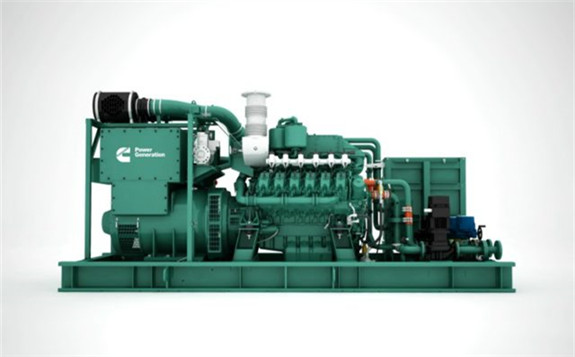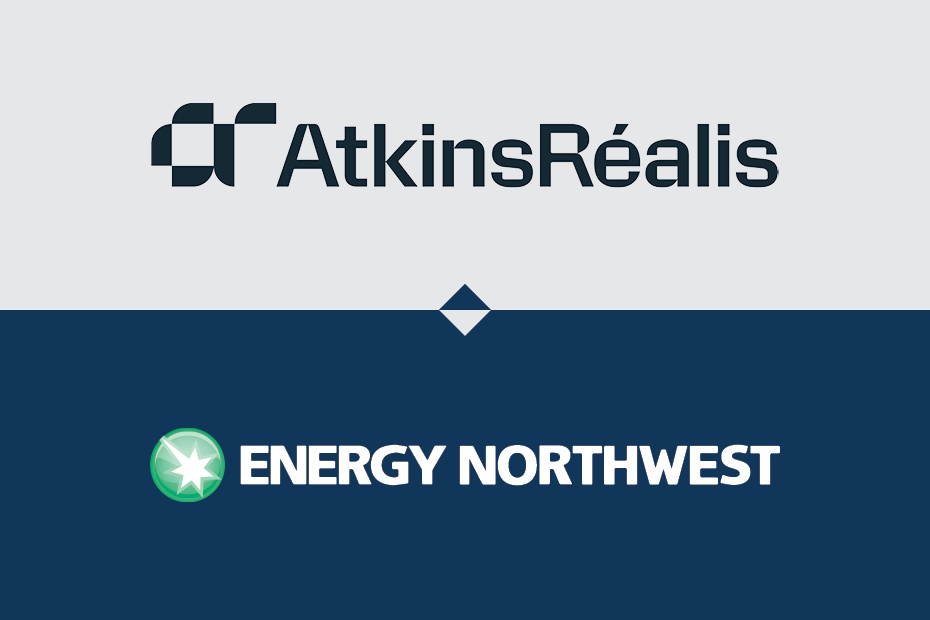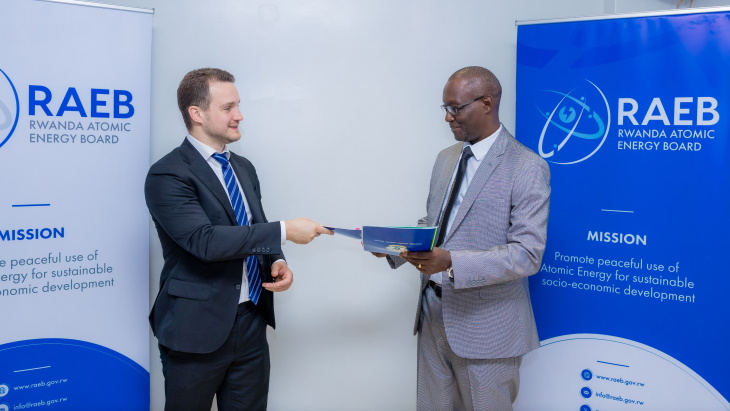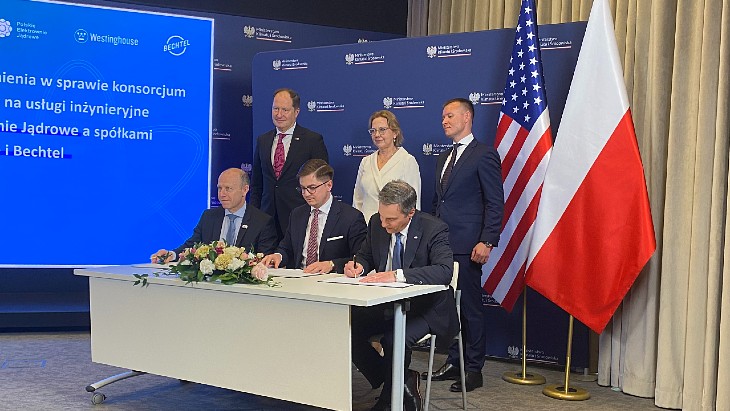Certification body DNV GL has issued Europe’s first equipment certificates for Grid Code Compliance (GCC) for three families of power generating sets (gensets) made by Cummins.
 Cummins' new C25G
Cummins' new C25G
The certification of grid codes facilitates grid access for decentralised power suppliers.
Cummins’ products now comply with pan-European regulations as well as national UK guidelines and new German guidelines which helps ensure network stability across Europe, stimulating a safe and reliable adoption of renewable energy in Europe.
The certification confirms that Cummins’ products conform with pan-European regulations (EU Regulation 2016/631 Requirements for Generators (RfG)), as well as national UK guidelines (G99) and new German guidelines (VDE-AR-N 4110 / EnWG, NELEV) issued in 2019.
These EU regulations are designed to ensure network stability across Europe through pan-European harmonisation of grid connection conditions, with a key goal of increasing renewable energies on the grid and easing the cross-border exchange of electric power.
DNV GL’s accredited test laboratory measured the behaviour of several genset variants representing the Cummins’ C500N5C, HSK78G and QSK60G gas generator series, subjecting them to hundreds of extensive tests.
Kim Mørk, executive vice president at DNV GL for Renewables Certification, said: “I would like to congratulate Cummins becoming one of the first in the industry to be G99 certified. As such, it will make a decisive contribution to improving grid stability when expanding the share of decentralized power generation.”
Bernd Hinzer, head of section grid code compliance at DNV GL, added: “Equipment certification for the three product families is an important step for efficient network access and resource use. Overall, certification offers many benefits for system development. It increases flexibility in system design and site selection, enhances futureproofing and transparency in planning, and provides greater security for investors and operators – all with reduced commissioning costs.”







